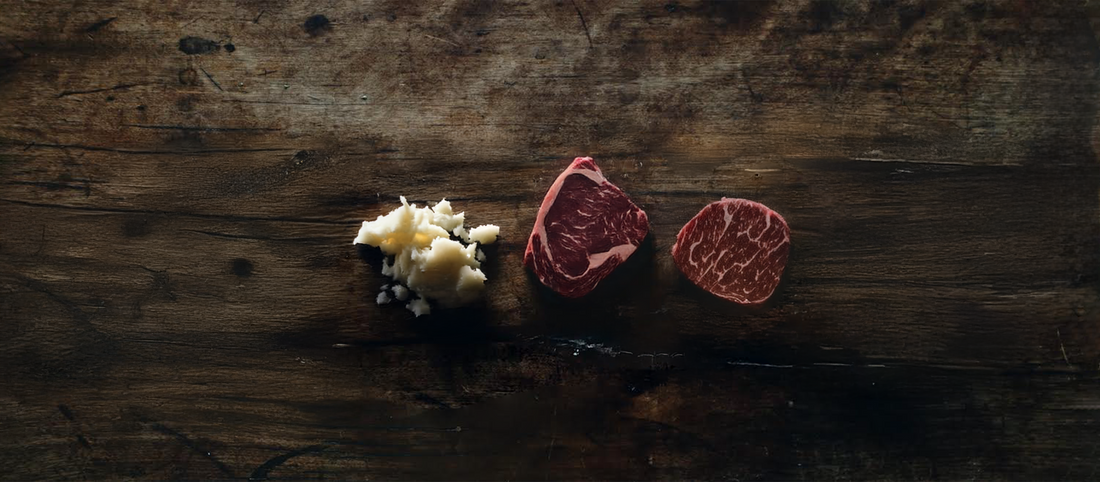The Hidden Dangers of Vegetable Oil: A Deeper Look from the Ancestral Perspective
Vegetable oils have been championed as the go-to "healthy" cooking option for decades, but the truth is far more complex—and concerning—than mainstream health advice suggests. As believers in an ancestral diet, it's crucial to dissect why these oils might not be the golden ticket to health they're often portrayed to be.
Unraveling the Composition of Vegetable Oils
Let's start with what vegetable oils actually are: extracted from seeds like soybeans, corn, canola, and sunflower, they're predominantly loaded with polyunsaturated fats, notably omega-6 fatty acids. Now, omega-6s aren't inherently bad; they're essential for our bodies. But here's the kicker: our ancestors didn't consume them in the gross excess that we do today in modern diets.
Cardiovascular Controversies
Conventionally, we've been told that swapping animal fats for vegetable oils is heart-healthy. But recent research suggests otherwise. These oils, with their high omega-6 content, may not be the cardiovascular saviors we've been led to believe. In fact, some studies hint that they could contribute to inflammation—a major player in heart disease—rather than preventing it.
Research in the *British Medical Journal* challenges the notion that replacing saturated fats with omega-6-rich vegetable oils slashes heart disease risks. This isn't just a minor debate; it's about fundamentally questioning the wisdom of dietary advice that's dominated our plates for generations.
Inflammation: The Silent Saboteur
Here's where it gets personal for us: inflammation. Vegetable oils, when heated during cooking or processing, can oxidize. This oxidation process creates free radicals that wreak havoc in our bodies, promoting inflammation and oxidative stress. This isn't just about heart health; it's about how every cell in our body responds to these oils.
Excessive omega-6s, coupled with a low intake of omega-3s, could spell trouble. We're talking insulin resistance, metabolic mayhem, and a recipe for chronic disease. The imbalance isn't just theoretical; it's happening in kitchens and on plates across the globe, fueling a health crisis we can't afford to ignore.
Cognitive Concerns
Our brains, which thrive on a delicate balance of fats, are also at risk. High omega-6 intake has been linked to cognitive decline and neurodegenerative diseases. As people who value mental clarity and optimal brain function, this hits close to home. It's not just about living longer; it's about living better, with clarity and focus intact.
Beyond Health: Environmental and Ethical Considerations
Let's not forget the broader implications. The mass production of vegetable oils, particularly palm oil, is driving deforestation, destroying habitats, and threatening biodiversity. It's not just a health issue; it's an ethical one too. From human rights abuses to environmental devastation, our love affair with these oils comes at a steep cost.
Choosing Wisely: An Ancestral Perspective
So, what's the solution? For us at PRIMA, it's about going back to basics. Embrace fats that our ancestors thrived on: animal fats like butter, lard, and tallow. These fats are stable, nourishing, and align with our evolutionary blueprint.
When cooking, opt for methods that preserve the integrity of fats, like low-heat cooking or using animal fats. And when it comes to supporting sustainable practices, seek out responsibly sourced oils or stick to animal fats that support regenerative agriculture.
Conclusion: A Call to Reevaluate
Vegetable oils aren't the dietary heroes they've been marketed as. From cardiovascular concerns to environmental impacts, their reputation is due for a serious reassessment. As advocates for health and sustainability, it's time to question conventional wisdom and reclaim our plates for the betterment of ourselves and our planet.
